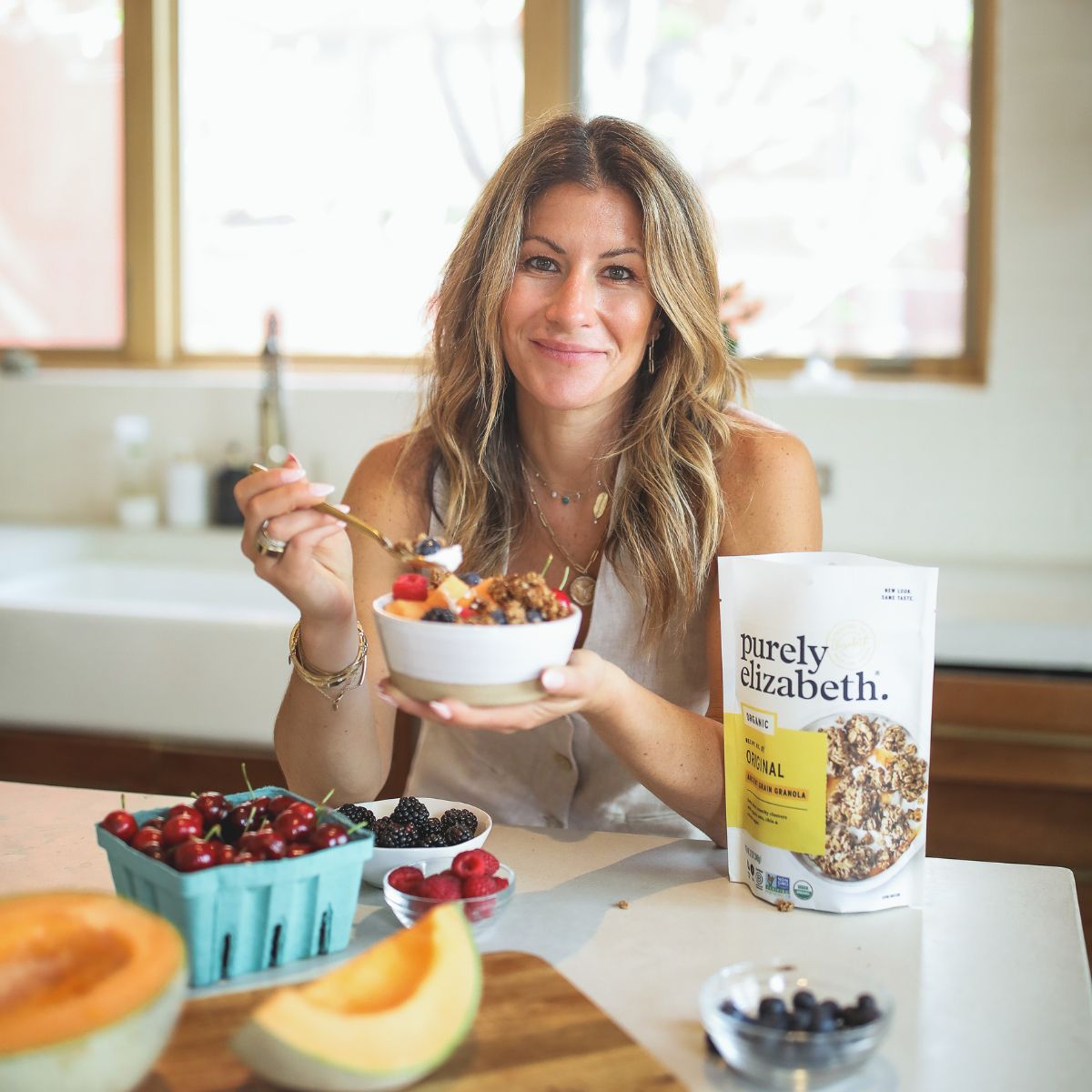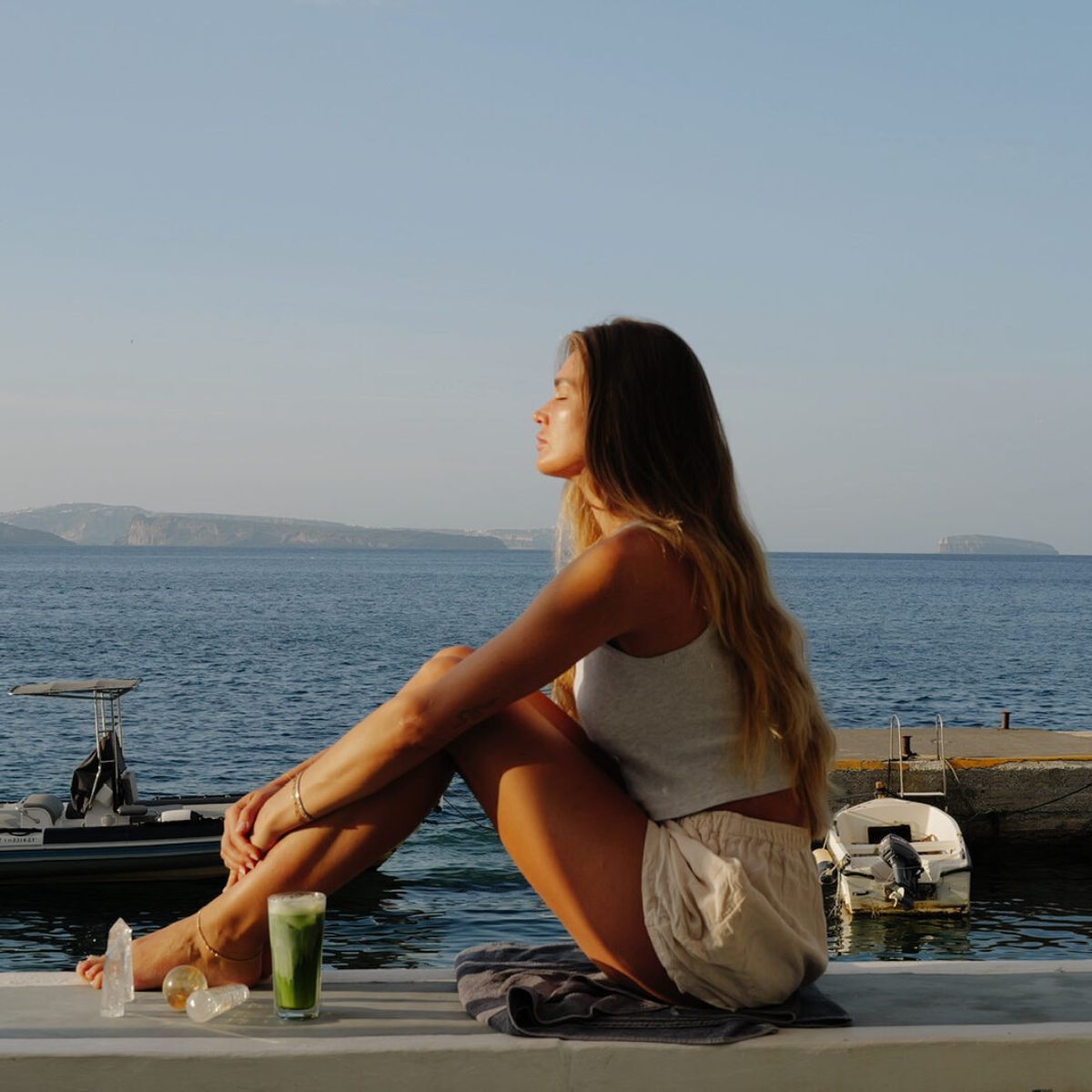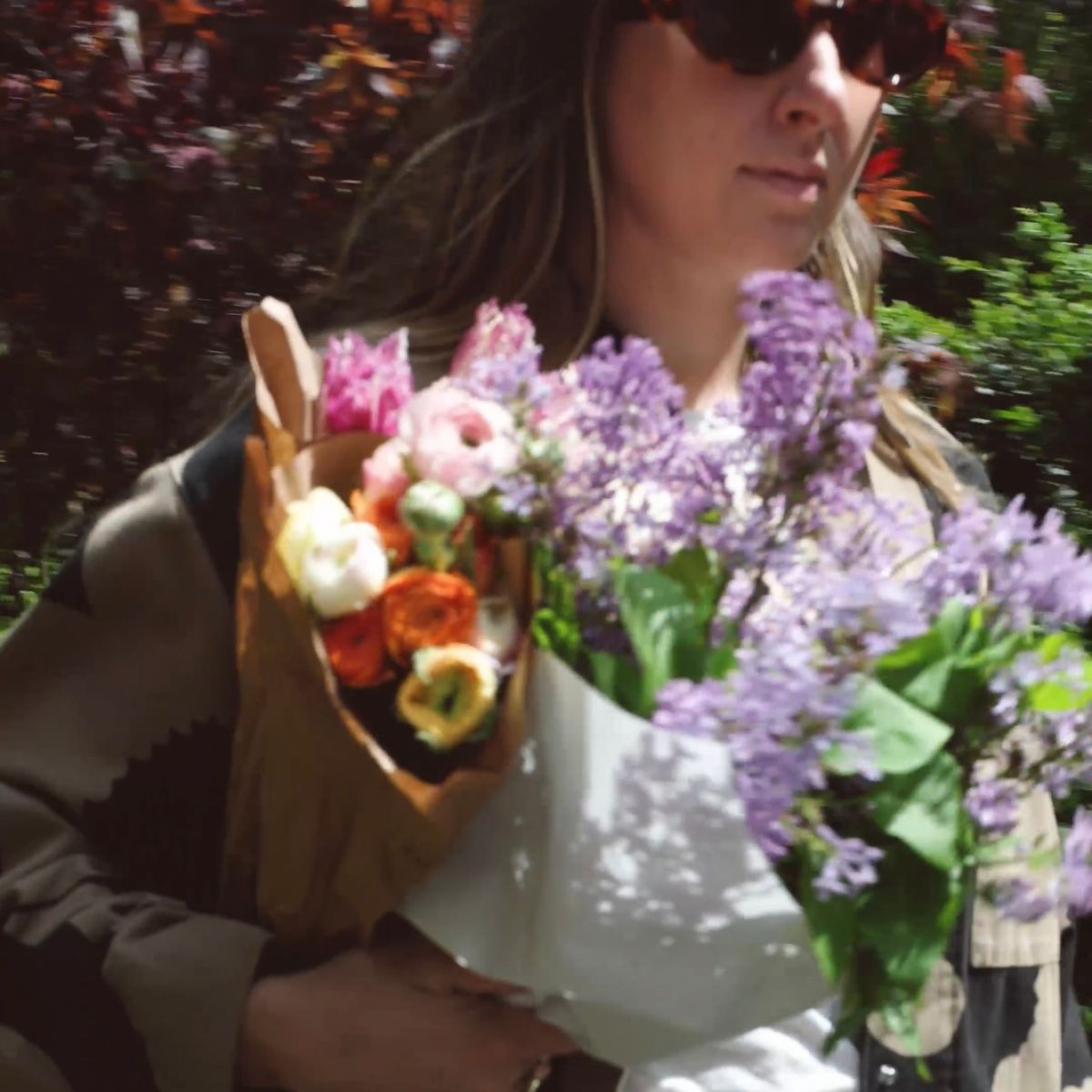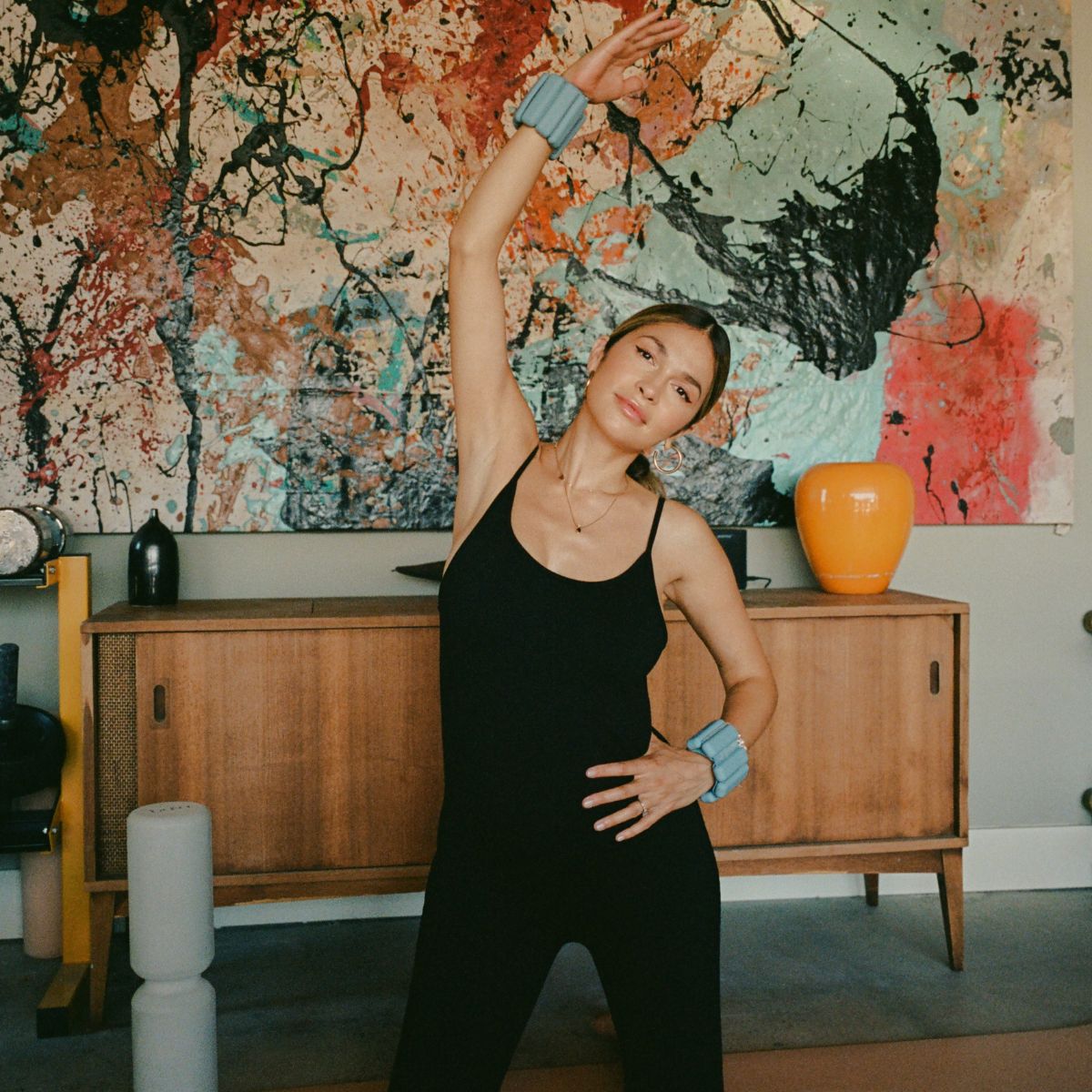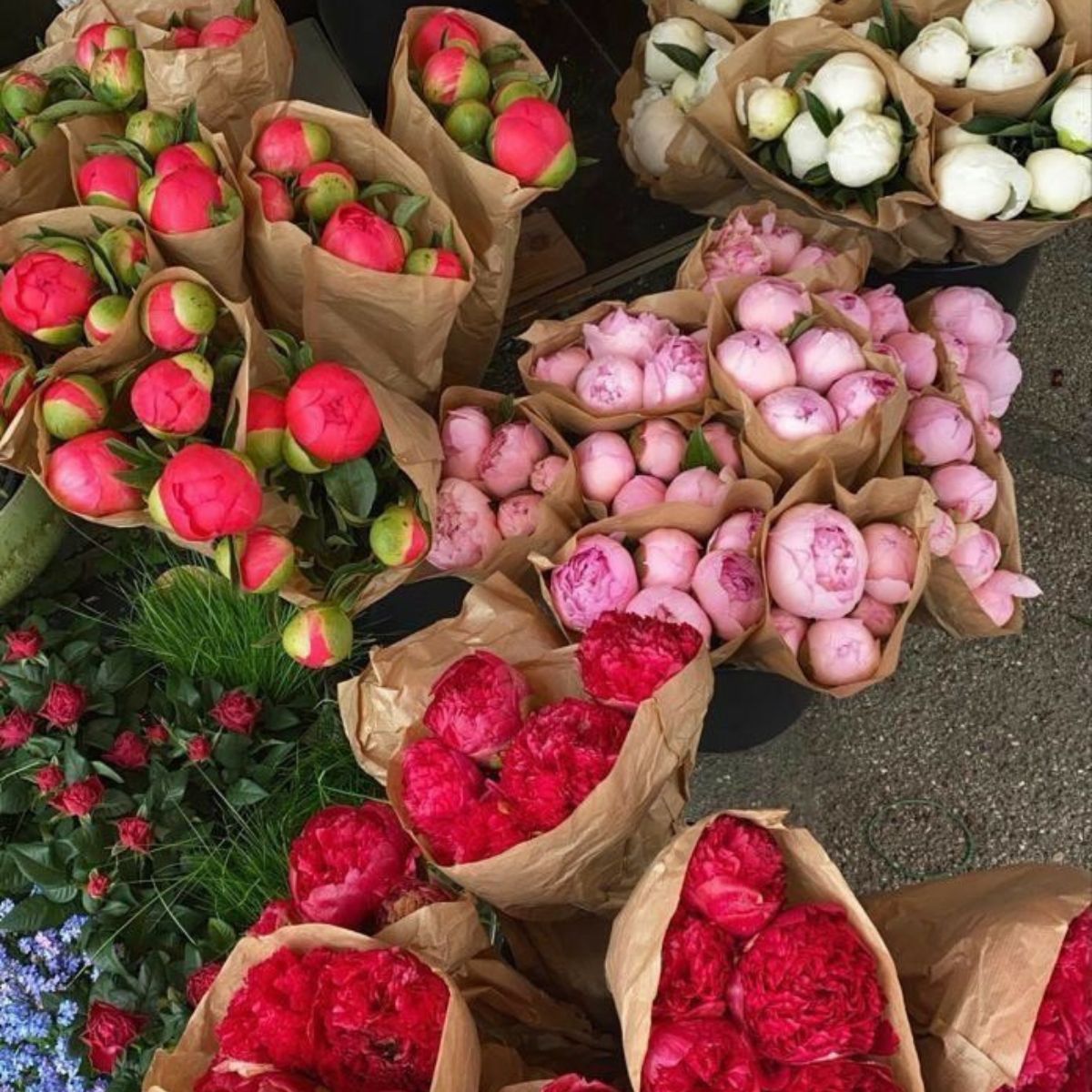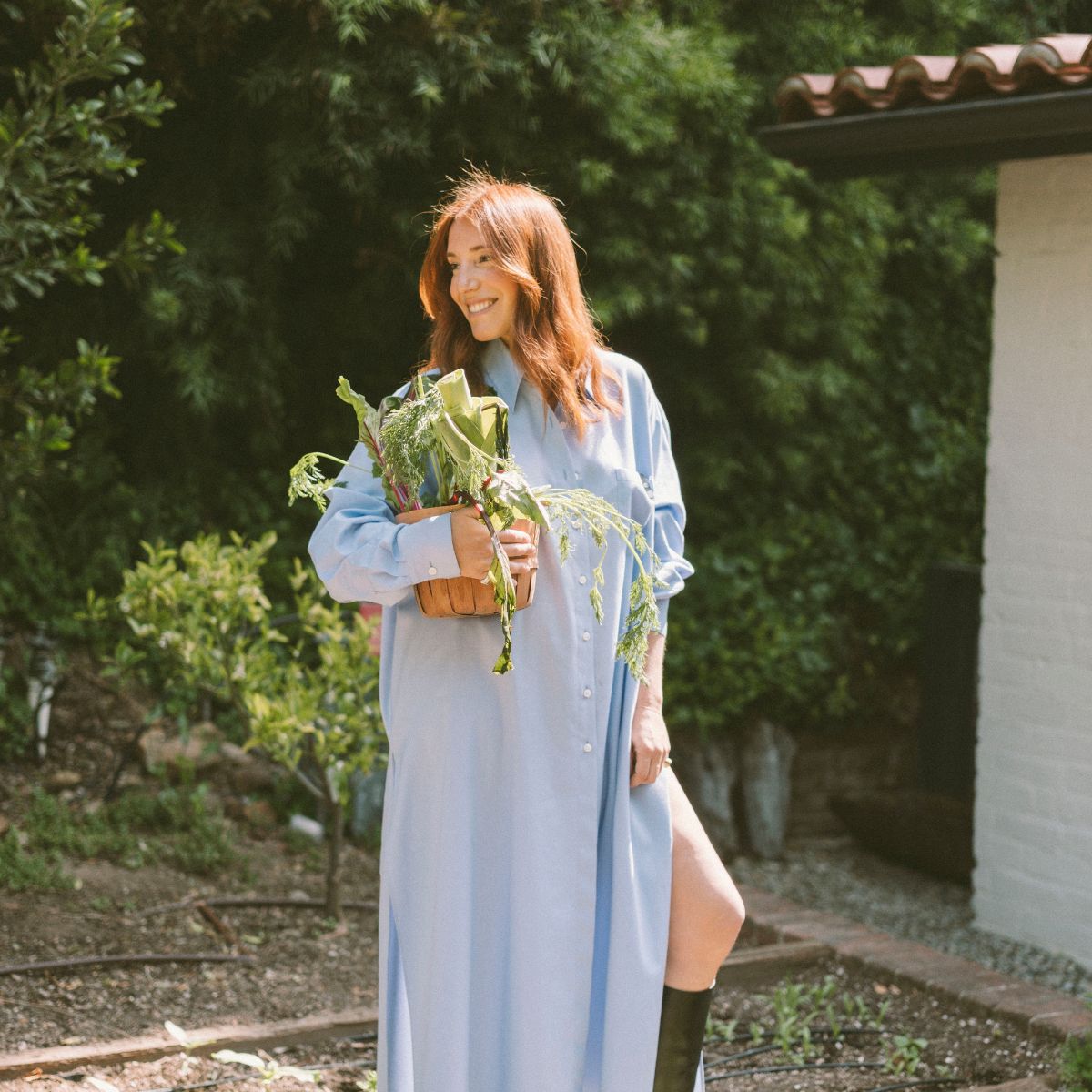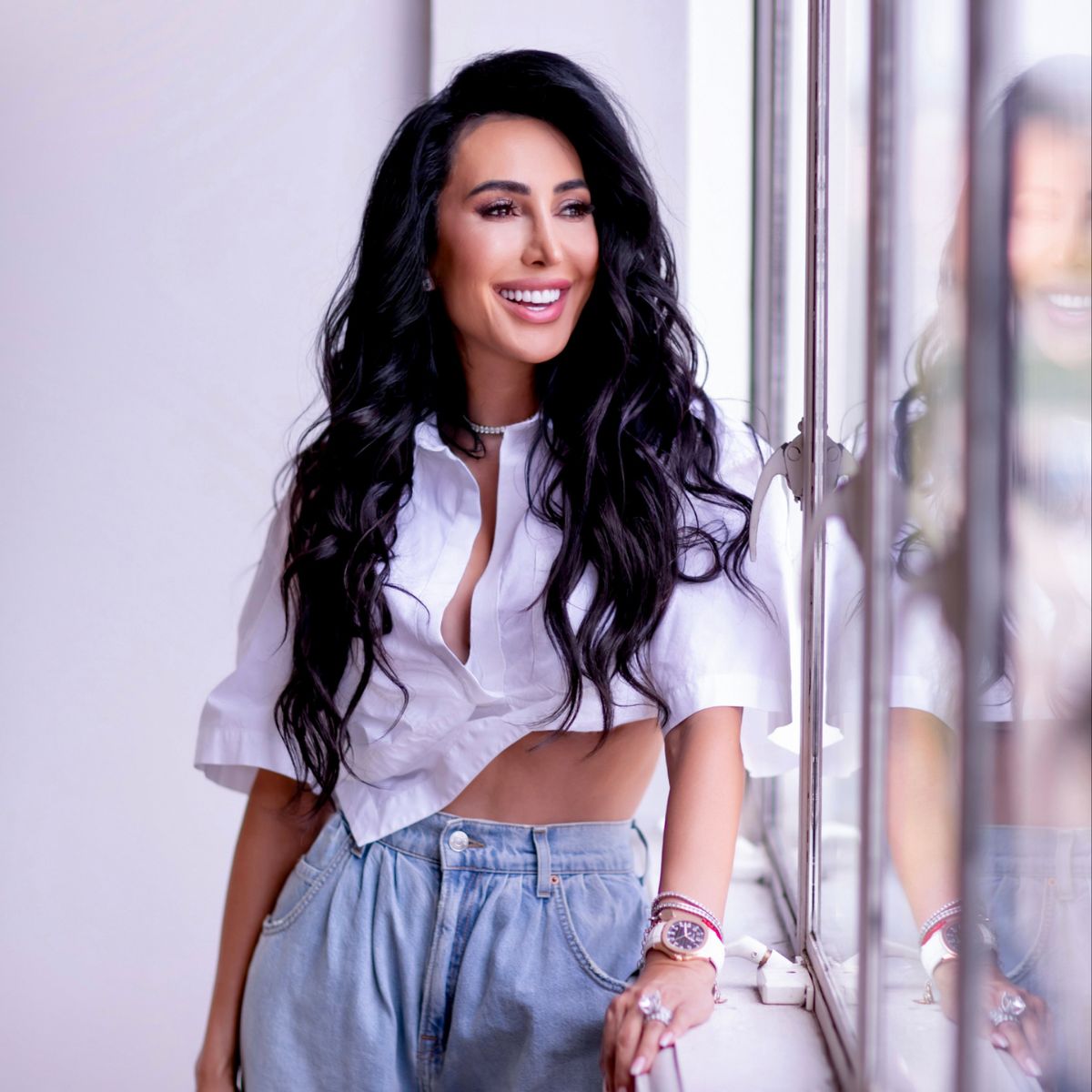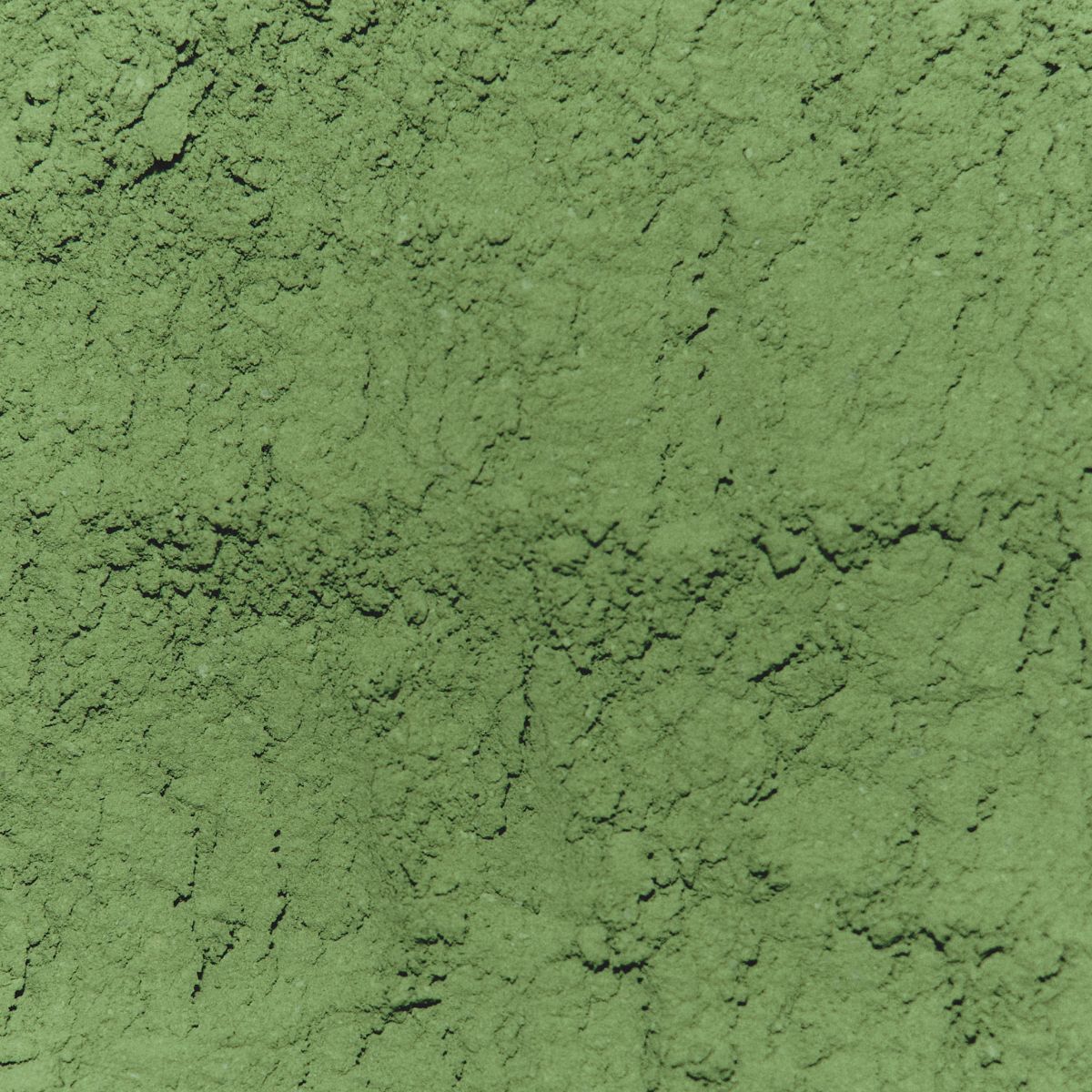In this information packed episode, Elizabeth explores the world of cancer prevention, detection, and treatment with Dr. Sanjay Juneja, a renowned hematologist and oncologist. Dr. Sanjay shares insights, such as the fact that just four minutes of daily strenuous activity can lower cancer risk by 20-25%. He stresses the role of lifestyle choices in cancer prevention, discusses new screening methods, the limited impact of genetics on cancer (10-15%), and the potential of dietary approaches like ketosis in treatment.
The conversation also touches on the influence of glucose and insulin on cancer and the latest medical tech advancements. This episode inspires and informs on the importance of screenings and daily habits for better health. At the end of the episode, Dr. Sanjay also shares some of his wellness tips and why showing grace is a powerful ingredient of overall health.




